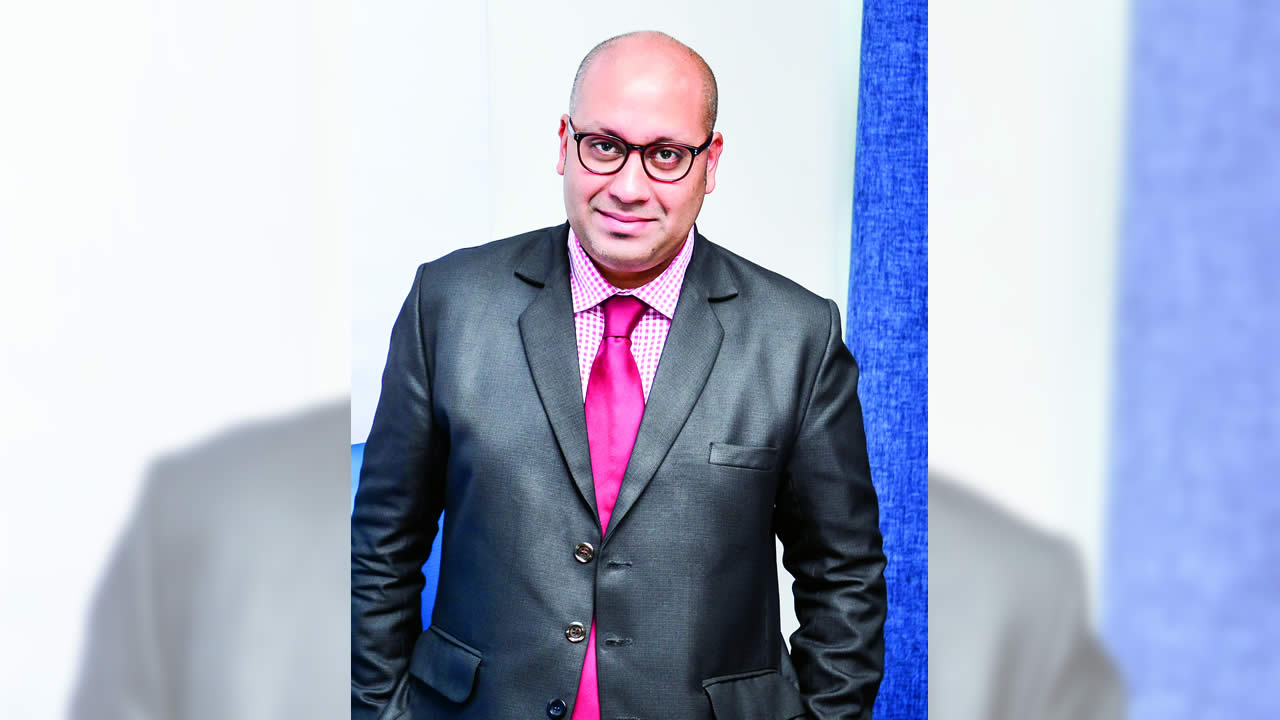Yamal Matabudul : “Vocational education is equally important in an education and training ecosystem”
Publié le:
26 avril 2019 à 20:47

Yamal Matabudul is the founding Chief Executive Officer (CEO) of Polytechnics Mauritius, a Government initiative to serve the emerging needs of Mauritius for a qualified and skilled human resource at mid-professional level. Yamal Matabudul cumulates more than a decade of work experience in the higher education and training sector. He started his career as a lead facilitator for a tutoring company in Montreal. He has also been part of senior management at various private educational institutions including Business Mauritius, among others. He shares with News on Sunday his views on the free tertiary education measure and how will this benefit those going for technical and pre-vocational training.
Polytechnics education should not be an afterthought for students but a preferred route for certain disciplines. We offer real-world, hands-on training for careers in select fields. Some lines of work are more bent towards skills than knowledge."
 J'aime
J'aime